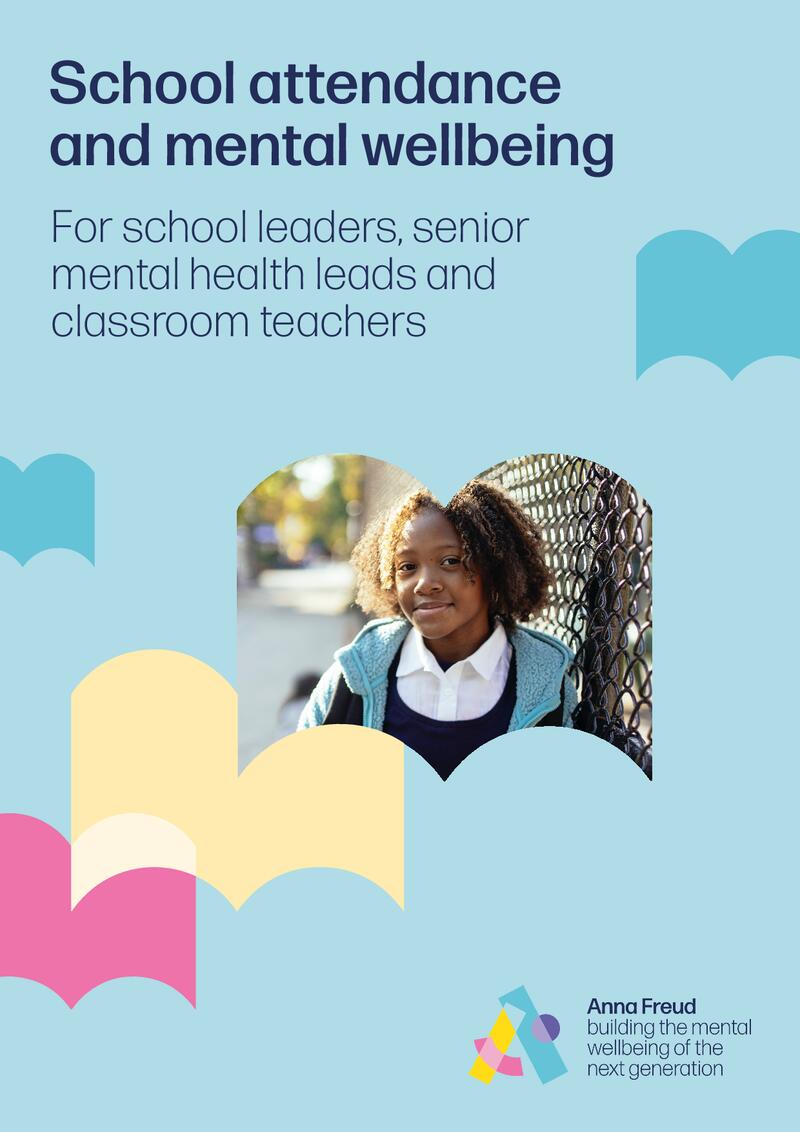School attendance and mental wellbeing
Understand the relationship between mental wellbeing and non-attendance and support children and young people in your setting.
Reduced or non-attendance at school by a child or young person is often rooted in emotional, mental health or wellbeing issues.
Research from the Children’s Commissioner found that in the 2022/23 academic year, 22.3% of all pupils were persistently absent from school. In 2018/19, that figure was 10.9%, meaning that rates of persistent absence have more than doubled since the coronavirus pandemic.
School and college staff can support pupils experiencing difficulties with attendance as part a whole-school or college approach to mental health and wellbeing.
School attendance and mental wellbeing training
Join us for one of our next full-day trainings to explore the causes of school non-attendance related to emotional wellbeing and mental health, understand the perspectives of children and families, and discover effective ways to support children in school.
Book your placeHow to use this resource
These resources consist of a guidance booklet about mental wellbeing and attendance, a video about parents and carers’ experiences, and a recorded webinar on the topic.
The resources are designed for:
use by education staff in primary and secondary settings
use by school leaders, mental health leads and classroom teachers
School attendance and mental wellbeing: a guide for school staff
This guidance can help school staff to:
understand the links between mental wellbeing and school non-attendance
understand the potential risk factors that may cause pupils to become absent from school
develop strategies to support children and young people in your setting.
It also includes a case study from a clinician at Anna Freud who works directly with young people experiencing difficulties with non-attendance. The case study explores how schools can work with others to support young people.
-
School attendance and mental wellbeing
DownloadDownload the resource for school leaders, senior mental health leads and classroom teachers.
Working in partnership with parents and carers
Brenda McHugh, psychotherapist and co-founder of the Pears Family School, explores the topic of mental health and attendance, along with parent Hannah who discusses its impact on herself and her child.
A parent's experience
Hannah, a parent whose child has experienced difficulties with non-attendance, talks about the impact the issue had on her son and herself, as well as what helped him re-integrate to mainstream education.
Understanding mental health and attendance webinar
In September 2022, we held a webinar for schools and colleges about mental health and attendance (here referred to as emotionally-based school avoidance). A panel of experts explored the topic, and discussed how schools, parents and professionals can best support young people who are affected.
Sign up to our Schools in Mind newsletter
Schools in Mind is a free network for education professionals. Our monthly newsletter shares evidence-based, accessible information and resources about mental health and wellbeing in schools and colleges.



